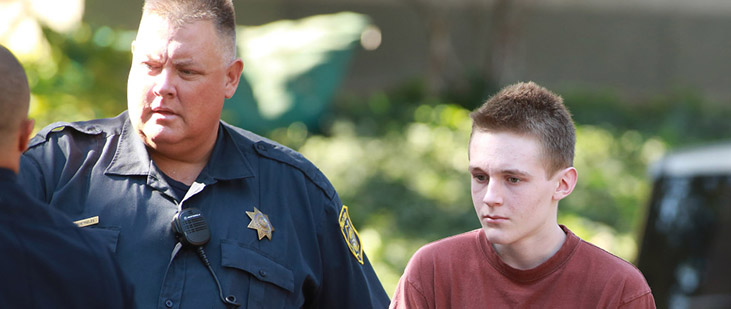By Jeff Bostic, Lisa Thurau, Mona Potter, and Stacy Drury | February 2014 | Journal of the American Academy of Child & Adolescent Psychiatry
More than 100 years after the creation of the juvenile court, state juvenile justice policies still promote adult approaches, despite consistent neurobiological evidence that the adolescent brain processes, perceives, and responds differently than adult brains. Although frequently the first responders in youth cases, police officers rarely receive adequate training in effective communication and interaction strategies with youth. Strategies for Youth found that most police academies contacted devote less than 1% of training to interactions with adolescents,1 yet 20% to 40% of juvenile arrests are for “contempt of cop” offenses, such as questioning or “disrespecting” an officer.2 Incarceration of adolescents fails to decrease recidivism and compounds the negative impacts on the 60% to 70%3 of youth in correctional facilities who have significant untreated mental health problems.4 We found that police officer training in neurodevelopmentally sensitive techniques markedly decreased teen arrests and improved police–teen interactions in diverse American communities.
In 1998, the Boston public schools directed students to take public transportation to school, and within 1 year, 40,000 students used public transit daily. The Massachusetts Bay Transit Authority police implemented “zero tolerance” policies that led to 646 juvenile arrests that year. In response to the large number of youth arrested for minor offenses (disorderly conduct, trespass), an attorney (L.T.) and a child psychiatrist (J.Q.B.) devised training to address officers’ perceptions that juvenile misbehavior would best respond to arrest and incarceration. The 2-day training included information about the functioning of the adolescent brain to help officers understand and respond more effectively to low-level offenses.
After the training, juvenile arrests decreased from 646 in 1999 to 74 in 2009. Arrests have remained consistently below 100 each year since, with no decrease in public safety. Subsequent training occurred at other Massachusetts police departments, to other sites across the United States, and to school resource officers in 4 states (listed in Table 1). The Massachusetts Municipal Police Training Academy plans to require all recruits to have this training by 2014.
Read the full paper here.



